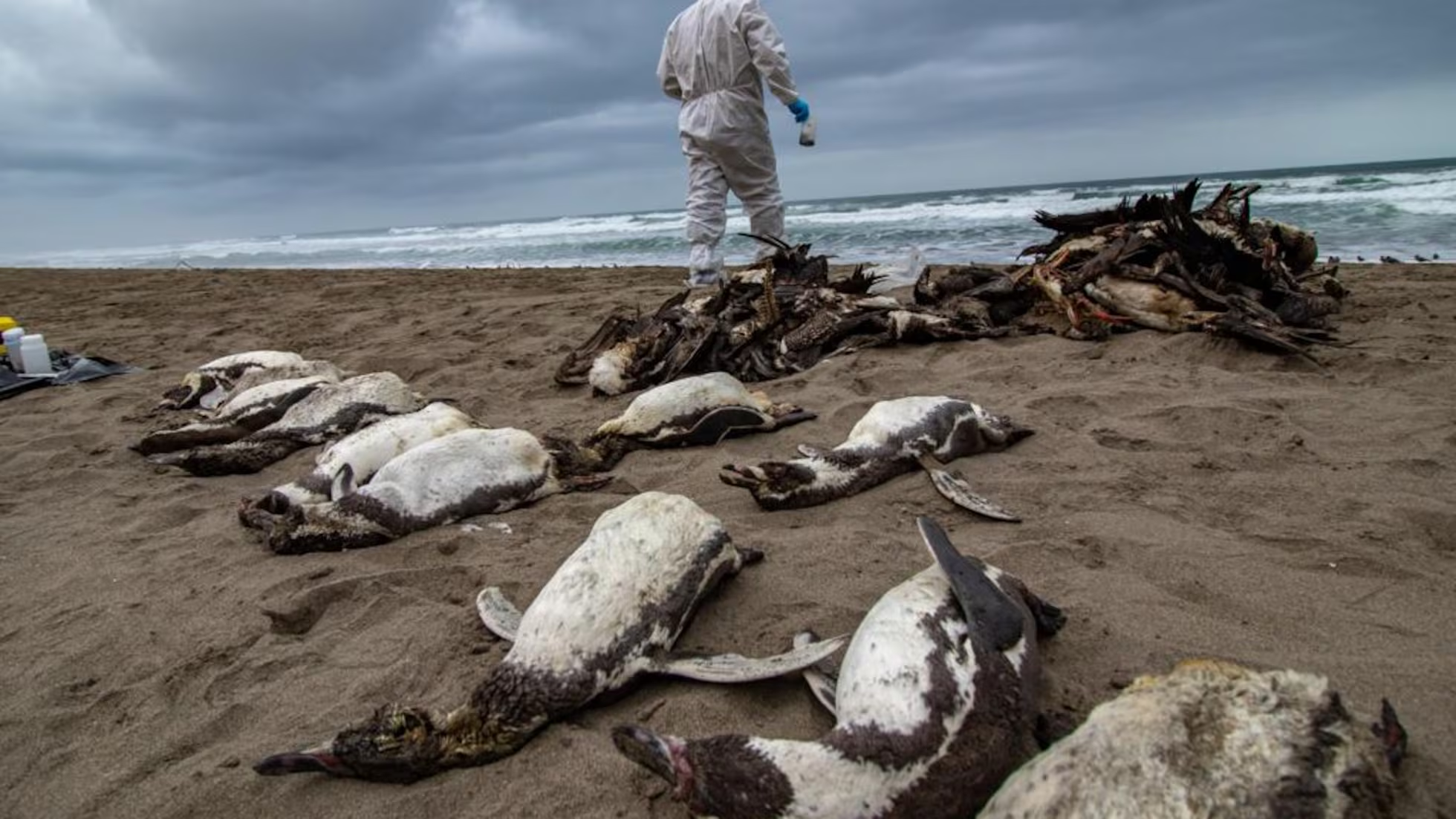Germany is grappling with a severe bird flu outbreak that has spread across nearly the entire country, officials confirmed on Friday, prompting calls for strengthened protective measures to curb infections among wild and domestic birds.
The Friedrich Loeffler Institute (FLI), Germany’s national animal health agency, reported that the highly contagious H5N1 avian influenza virus has been detected in wild bird populations across 15 of the country’s 16 federal states, with Bremen being the only exception.
“We are seeing a very dynamic infection pattern, not only in cranes but also in other bird species,” an FLI spokeswoman said.
While bird flu is highly lethal to birds and poultry, it is not considered dangerous to humans. However, the scale of the current outbreak has alarmed conservationists and agricultural officials alike.
In recent days, authorities have found more than 1,000 dead cranes near Berlin, marking one of the most significant single incidents of bird deaths in recent years. Officials warned that Germany has yet to reach the peak of bird migration, which increases the risk of the virus spreading further to domestic flocks.
Commercial poultry farms in eight federal states have been affected so far. In the southwestern state of Baden-Württemberg, about 15,000 animals have already been culled, while in the western town of Rees, near the Dutch border, another 19,000 had to be destroyed.
Overall, the FLI estimates that more than 200,000 chickens, ducks, geese, and turkeys have been culled in recent weeks to contain the spread — a grim reminder of Germany’s worst bird flu outbreak in 2020, when over 2 million animals were lost.
Agriculture Minister Alois Rainer said infections had surged sharply over the past two weeks.
“There are currently numerous outbreaks, both in wild birds and in poultry farms,” Rainer noted. “A very rapid increase in infections over the past 14 days shows how serious the situation is and underlines the need for joint, coordinated action.”
Rainer emphasized that preventing further spread of the virus remains the top priority, alongside protecting animals and minimizing economic damage to Germany’s agriculture and food industries.
To support farmers, the minister has asked the European Union to raise the compensation limit for valuable animals culled due to infection — from €50 ($58) to €110 per animal — under the bloc’s animal disease fund, which bases payments on market value.



